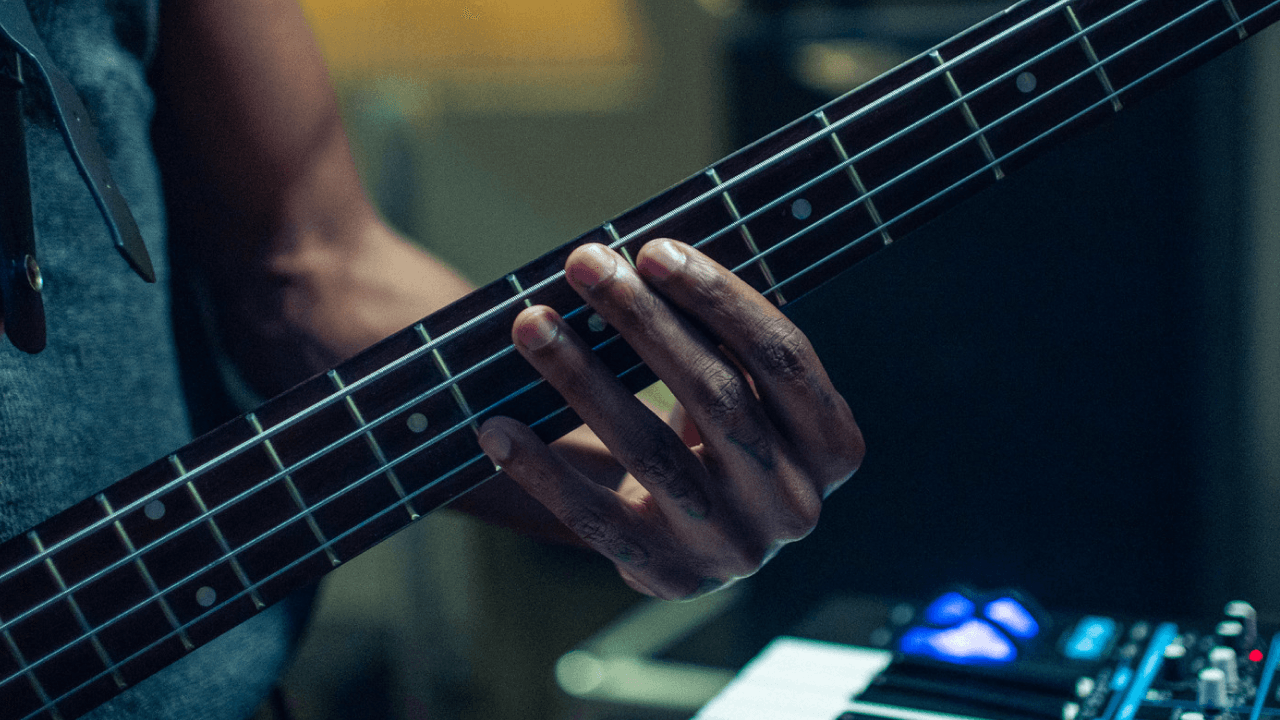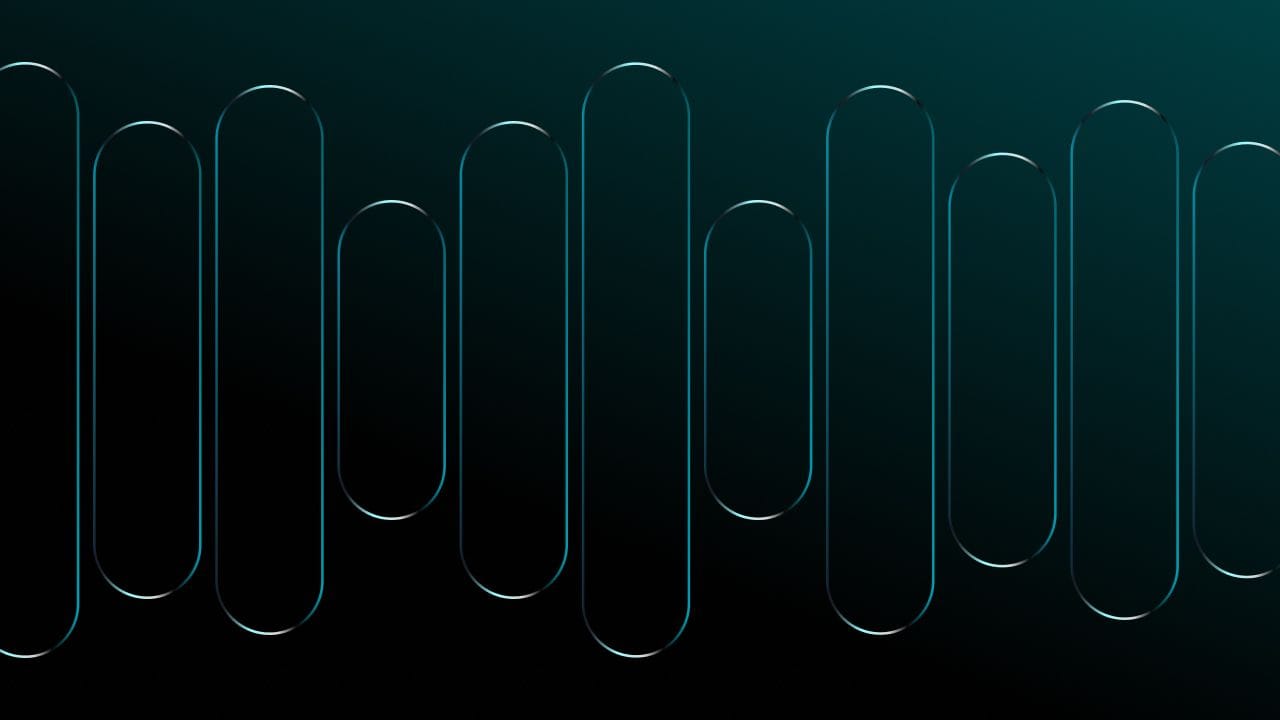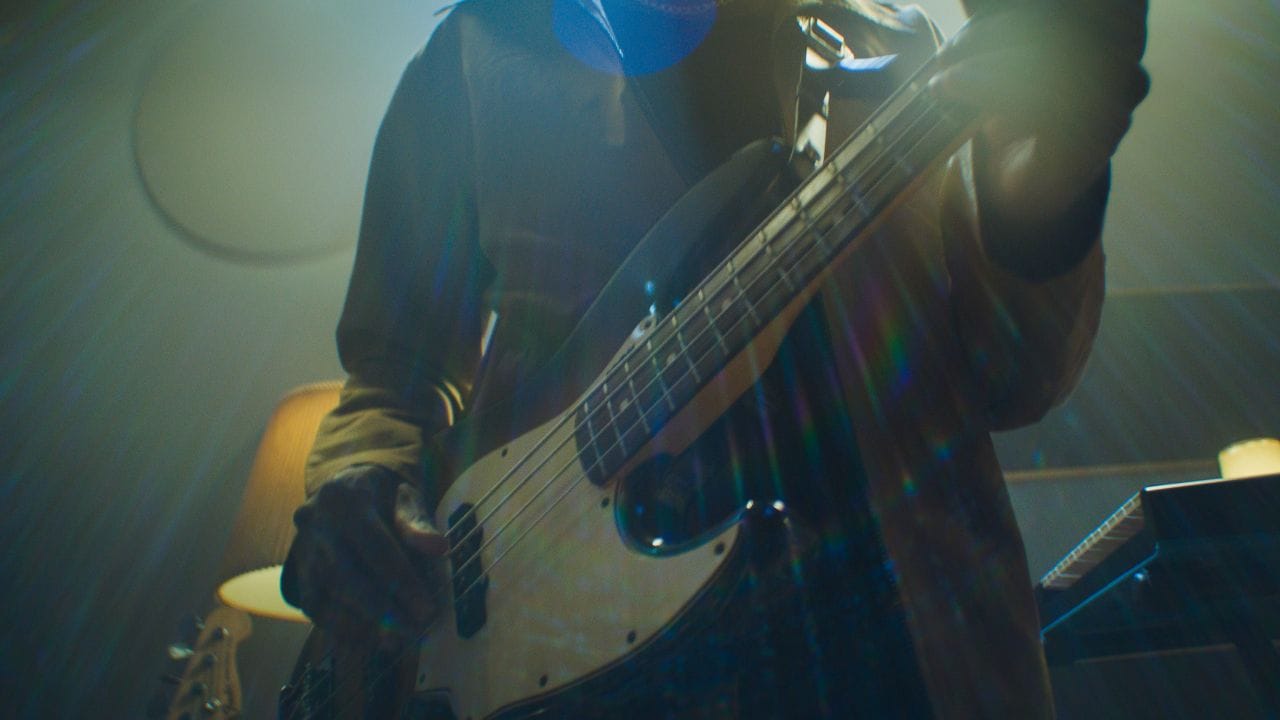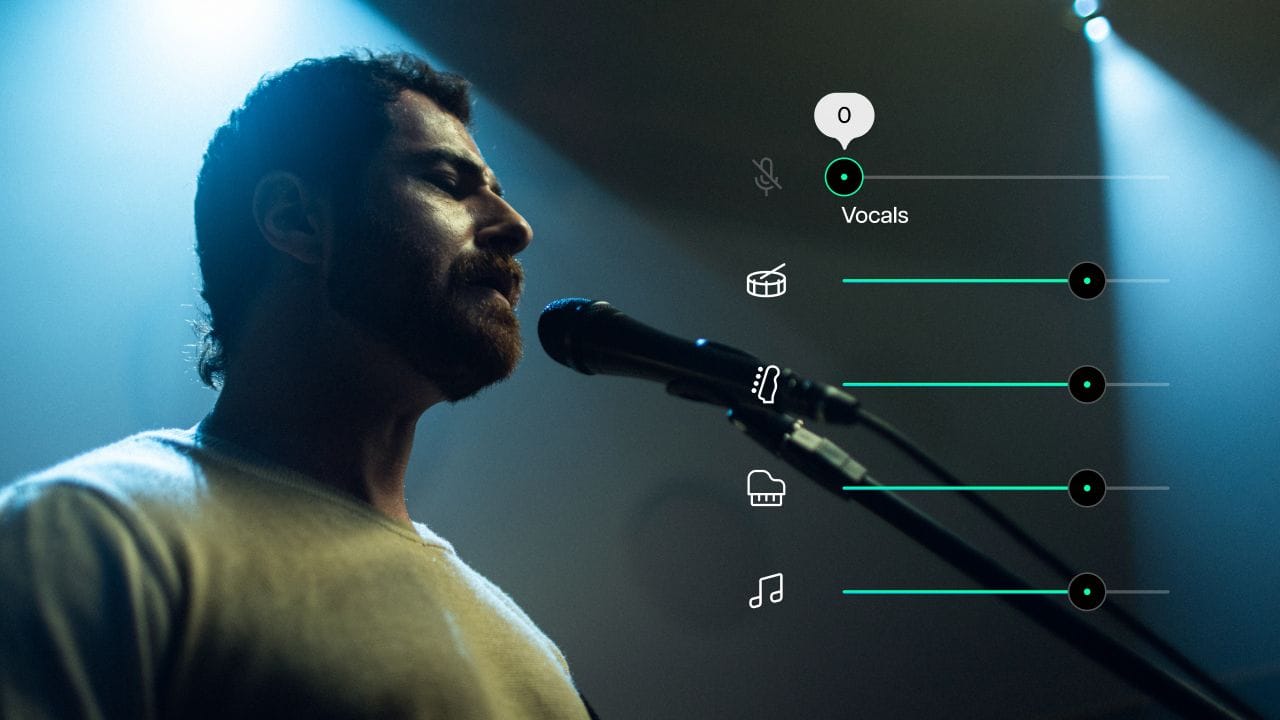Navigating the music industry is challenging enough without having to deal with people stealing your ideas or chasing down unpaid royalties. We've all heard the cautionary tales of artists losing money due to bad label or publishing deals, inadequate protection of their work, or lawsuits for unauthorized use of others' creations. Fortunately, educating yourself to avoid these pitfalls is not as difficult as it used to be.
Although copyright and music publishing law can be complex, understanding the fundamentals will empower you to protect your work, maximize your earnings, and handle legal issues effectively. This beginners guide aims to debunk common myths about music publishing and copyright law and simplify the legal and financial aspects of music copyright, publishing, licensing, and the different types of music royalties.
Introduction to Music Copyright
Before we get into the importance of music publishing, royalties, and your rights, let’s focus on music copyright and what it actually means. The legal concept of copyright was born in Great Britain in 1710 with the passage of the world’s first copyright law, the Statute of Anne which provided authors with exclusive rights to their books for a set period of time. This law was eventually replaced by the Copyright Act of 1842, which legislated that the copyright of every book published by an author would endure for the longer of 42 years or the author’s lifespan and a further seven years following their death. In the United States, the concept of copyright was first mentioned in the Constitution - “To promote the progress of science and useful arts, by securing for limited times to authors…the exclusive right to their respective writings….”
But how does that apply to the music industry today? Before we get into that, let’s explode a major common myth about copyright – ‘mail yourself a copy’, otherwise known as ‘poor man’s copyright’. This is based on the idea that if you send a copy of your work to yourself via mail and leave the envelope unopened, it will serve as proof of ownership should you ever need to defend your copyright at a later date. While it may provide some evidence that your work was created by a certain date, unfortunately, this method does not provide any form of legally recognized copyright protection.
Today, copyright is automatically applied from the moment a creative work is fixed in a tangible medium. For a song, this means you have a copyright in the song when you first write it down, record it, or store it as a file. From that moment, the music is your intellectual property, and you have the sole right to distribute (sell) the song, use it in public, creative derivative works, or make copies. This copyright typically lasts approximately 70 years following the death of a composer.
Music copyright actually consists of two key components: compositional rights and sound recording rights. The composition refers to the music and lyrics of a song, encompassing the melody, harmony, and any accompanying words to the musical piece itself. The sound recording rights cover the actual recorded performance of a composition, incorporating the specific version of the song recorded in the studio, including the performance, mixing, and mastering. If you write a song and record it from scratch, you’ll basically own the copyright to both elements.
Registering Music Copyright
If copyright is automatically applied the moment your song is created in tangible form, why would you need to register it? Registration serves as legal proof of ownership, which could be vital should you ever enter into a legal dispute. Bear in mind that you cannot sue for copyright infringement in a United States federal court unless your work is registered, and being registered will also make it easier to enforce your rights internationally. As long as you register your music within five years of its publication, a court of law will assume the copyright is valid.
Apart from the peace of mind of knowing that your work is copyrighted, there are other reasons why it’s useful to register. First, official registration can facilitate licensing agreements and the collection of royalties because it clearly establishes that you are the owner of the work and therefore have legitimate rights. Second, registered work allows you to seek statutory damages for infringements in the United States, which can be significantly higher than what is known as ‘actual damages’ because the registered copyright owner only has to prove that the infringement occurred. Having your work copyrighted basically acts as a deterrent to those seeking to use your work without your permission.
So, how do you copyright your music? First, your music must be in a tangible form, such as written sheet music, a digital file, or a recorded performance. You then have to ensure that it is ‘fixed’ in a physical or digital medium that can be perceived, reproduced, or otherwise communicated.
In the US, you can register your music with the US Copyright Office by simply completing an application form (eCO for online applications), paying a fee, and submitting a copy of your music. However, each country has its own copyright registration process, so it’s best to look up the specific requirements for a country should you wish to register your music there. Once you’ve registered, you’ll receive a certificate of registration from the copyright office to show that your music is legally protected and you can reap all the benefits of your creative efforts.
Music Publishing
Now that your song, or collection of songs, is copyrighted, you may want to sell them or make them available for people to use. In terms of ownership rights, the sound recording - the actual audio recording of a performance – is typically held by a record label or the recording artists themselves, while a music publisher is assigned to handle the complex task of managing song rights and ensuring you get paid whenever your music is used.
Music publishing is a multibillion-dollar global industry that has been a cornerstone of the music business for well over a century. At its core, music publishers manage song copyrights and their role varies from licensing and promoting music for use in films, TV, and other media, to securing artists to record your works, and registering music with Performing Rights Organizations (PROs). They’re also tasked with monitoring and collecting royalties from record companies, radio stations, streaming services, TV networks, broadcasters, and even concert venues, bars and restaurants.
Depending on your needs and goals, there are generally three types of publishing deals, each possessing their own structure and benefits:
- Administration Deal: This is the most basic-level publishing deal, where the songwriter retains full ownership of the copyright to their music but hires a publisher to manage day-to-day operations on their behalf, such as registering them with PROs, collecting royalties, and licensing songs. With this deal, the publisher will typically take an administration fee for their services of approximately 10-15%.
- Co-Publishing Deal: In this deal, the songwriter and publisher share the copyright ownership of the song with the songwriter retaining a more significant proportion of the publishing rights (often 75%). In terms of compensation, both parties will often share royalties on a 50/50 basis. In contrast to an Administration Deal, with co-publishing a publisher will actively promote your songs to potential users. Furthermore, they will usually provide the songwriter with an upfront payment (advance) that is recoupable against future earnings. By offering an advance, the publisher assumes a level of risk and is therefore more inclined to provide creative services, such as giving feedback on your compositions. It’s worth noting that co-publishing deals often include a clause that allows the publisher to retain certain rights after the contract has expired. This can include the right to continue collecting royalties or using the song in certain ways for a defined period - maybe even indefinitely!
- Full or Standard Publishing Deal: This deal goes one step further than a co-publishing deal with the publisher retaining 100% of its share of songs created or assigned during the negotiated term of the contract. Songwriters are also likely to receive a smaller percentage of total revenues. With a full publishing deal, publishers will take a highly active role in an artist’s career development and composers are also likely to get a larger advance. This can be crucial for artists who are just starting out as it allows them to invest in their career and cover living expenses while they focus on their song craft. However, with the rise of music streaming services and the numerous channels available for songwriters/producers to self-promote, it’s fair to say that full or standard publishing deals are not as common as they used to be.
Licensing Agreements
Licensing agreements safeguard your rights and intellectual property, ensuring you receive fair compensation for the use of your work. Whether or not you decide to sign with a music publisher, it's crucial to understand their role in monetizing your music. Ultimately, publishers are motivated to maximize the reach and income potential of your work before collecting royalties. They possess the expertise to handle the licensing of your songs and negotiate terms and fees on your behalf while aiming to create multiple revenue streams.
Typically, there are three types of licensing deals encompassing the various sales channels available today:
- Mechanical License Deal: The Mechanical Licenses Company (Mecolico) was the first society to license mechanical rights in 1910. Mechanical licenses involve the rights to mechanically reproduce and distribute songs in physical or digital formats.
- Performance License Deal: This deal covers the rights of an artist to perform a song publicly, whether on radio, in a live venue, or through streaming services.
- Sync Licensing: This type of licensing deal covers the rights to use a song in ‘synchronization’ with visual media, e.g. TV shows, movies, or commercials.
Types of Music Royalties
A vital aspect of licensing agreements, royalties are payments made to the owners of intellectual property in exchange for the use of their works – in this case, your music. For musicians, royalties are earned whenever their music is streamed, played on the radio, featured in movies, used on TV, or utilized by other parties.
Naturally, royalties tend to correspond to the types of licensing deals we mentioned above. Generally speaking, there are two types of music royalties:
Mechanical Royalties
Generated by a composition every time it’s reproduced physically or digitally, mechanical royalties used to apply to physical sales like CDs and vinyl, but now encompass digital downloads, such as from iTunes and Amazon, or interactive streaming sites like Spotify and Apple Music.
Performance Royalties
These are paid to the songwriter, or copyright holder whenever a composition is performed publicly, which could encompass live recordings, concerts, or performances on radio, TV, and various digital music services.
Whether you’re self-publishing or have signed to a publisher, somebody needs to collect those royalties for you so you can get paid. Thankfully, publishers already have direct relationships with PROs and other collection societies, enabling them to collect royalties on your behalf before taking their share based on the splits agreed in your contract. Additionally, as the writer of a composition, you’ll have to join a PRO that will collect the writer's share of the royalties for you.
Registering with a PRO (Performance Rights Organization)
Almost every country will have a PRO. In the US, the largest two are Broadcast Music, Inc. (BMI) and the American Society of Composers, Authors, and Publishers (ASCAP). Both organizations, in addition to SESAC and GMR, represent songwriters, composers, and music publishers by collecting license fees on their behalf and distributing them as royalties to their members.
To register with one of the larger PROs, you simply need to visit their official website, create an account to verify your identity, and submit an application form providing information about yourself and your songs/compositions, including song titles, lyrics, and other relevant information. Some PROs offer free membership while others will charge a fee, and some are even invite only. Once your application is processed and approved, you’ll receive confirmation and a membership number.
Note that PROs only collect Performance Royalties, while other types of music rights organizations (MROs) may collect other types of royalties. In the US, for example, mechanical royalties are collected from digital streaming sites such as Spotify, Apple Music, or YouTube by the Mechanical Licensing Collective (MLC), while downloads and physical sales, such as CDs and vinyl, are typically covered by more traditional mechanical licenses, usually managed by entities like the Harry Fox Agency (HFA). Signing up to an MRO requires the same process as joining a PRO.
While each country is likely to have its own MROs, they often have reciprocal agreements that allow them to collect and distribute royalties globally. However, with the plethora of networks available from country to country, you may find it useful to sign up to a Publishing Administrator. These companies ensure your songs are registered with all the relevant organizations in order to receive all potential income from your compositions, and some publishing administrators will go even further and provide marketing support or actively seek sync placements and other lucrative opportunities on your behalf. Well-regarded publishing administrators include Songtrust, CD Baby, and TuneCore Publishing.
Legal Challenges and How to Face Them
Unfortunately, despite having your work copyrighted, administered or controlled by a publisher and/or registered with a MRO, there is always a risk of copyright infringement. This entails the illegal reproduction, distribution, performance, or creation of derivative works based on your original piece of music.
Dealing with such infringements can be a complex process. However, there are a number of steps you can take to combat it. First, you’ll need to determine if your music has been used without permission by comparing the alleged infringement to your original composition. If you believe your work has been infringed, the most sensible initial step is to politely contact the person in question, informing them of the infringement and requesting they stop using your music.
If the infringer does not respond, you can send what is called a ‘cease and desist’ letter to request they cease their illegal activity and desist from engaging in the alleged copyright infringement. Although you could research and draft one yourself, having a cease and desist letter written by a lawyer ensures that it’s more likely to be taken seriously by the recipient.
For certain online infringements, you can file a DMCA Takedown Notice. This is based on a US law that forms part of the Digital Millennium Copyright Act to protect copyrighted works online. Once sent, the internet service provider (ISP) is required to remove the infringing content and notify the user who posted it. If the recipient believes the takedown notice does not apply to them, they have the option to file a counter-notice.
If these methods fail to be successful and you feel that your music continues to be illegally distributed, you may need to file a lawsuit to seek damages and enforce your copyright. Some law firms and independent solicitors specialize in providing legal support for music-related matters.
Just a friendly reminder that this article is meant for general information and isn't a substitute for legal advice. If you have specific questions, it's always best to consult a qualified attorney.








